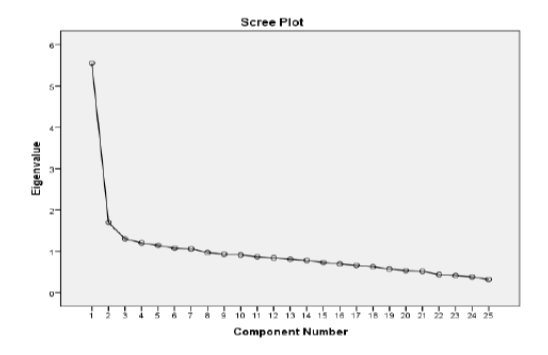


Indian Journal of Science and Technology
DOI: 10.17485/IJST/v13i46.1646
Year: 2020, Volume: 13, Issue: 46, Pages: 4587-4594
Original Article
Leyla Tavacıoğlu1*, Özge Eski2, Barış Demir3, Neslihan Gökmen2, Mert Algan2
1Professor, Maritime Faculty, Istanbul Technical University, Istanbul, 34940, Turkey.
Tel.: +90-216-395-4501
2Researchers, Maritime Faculty, Istanbul Technical University, Istanbul, 34940, Turkey
3Researcher, Karadeniz Ereğli Vocational School, Zonguldak Bülent Ecevit University,
Zonguldak, 67300, Turkey
*Corresponding Author
Tel: +90-216-395-4501
Email: [email protected]
Received Date:11 September 2020, Accepted Date:01 December 2020, Published Date:23 December 2020
Objectives: This study aims to examine the effects interpersonal skills (leadership and communication) as part of non-technical skills on bridge officers at critical times and bridge watches. Methods/Statistical analysis: A total of 40 questions, out of which 25 questions with 5-point Likert scales, 2 questions with multiple choices, and 13 demographic questions were filled by 400 seafarers via online survey method. Explanatory factor analysis was performed using Varimax, Kaiser Normalization Rotation Method, and Principal Components Analysis to reduce survey’s items in low dimensions. Scree plot test, eigenvalues-greater-than-1 rule, explanatory percentage of the total variance, Cronbach’s Alpha Coefficient, Split half method Spearman-Brown correlation coefficient were used in factor analysis. Findings: Some dimensions have significant relationships. There is a weak positive statistical correlation between teamwork skills and sharing workload, leadership,personal attitudes, operational safety decision-making, communication. This result supports the hypothesis 1 and hypothesis 2 that there is a relationship between teamwork skills and communication, personal attitudes. So, while the leadership is increasing, personal attitudes, operational safety decisionmaking, communication will be getting better supporting hypothesis 3 which is revealed that there is a relationship between leadership and communication. Finally, it is found that there is a weak positive statistical correlation between operational safety decision-making and communication. Applications: The psychology and non-technical skills of the bridge team and other crew members play an important role in minimizing the occurrence marine accidents.
Keywords: Non-technical skills; interpersonal skills; bridge resource management; human factor
© 2020 Tavacıoğlu et al.This is an open access article distributed under the terms of the Creative Commons Attribution License, which permits unrestricted use, distribution, and reproduction in any medium, provided the original author and source are credited. Published By Indian Society for Education and Environment (iSee)
Subscribe now for latest articles and news.